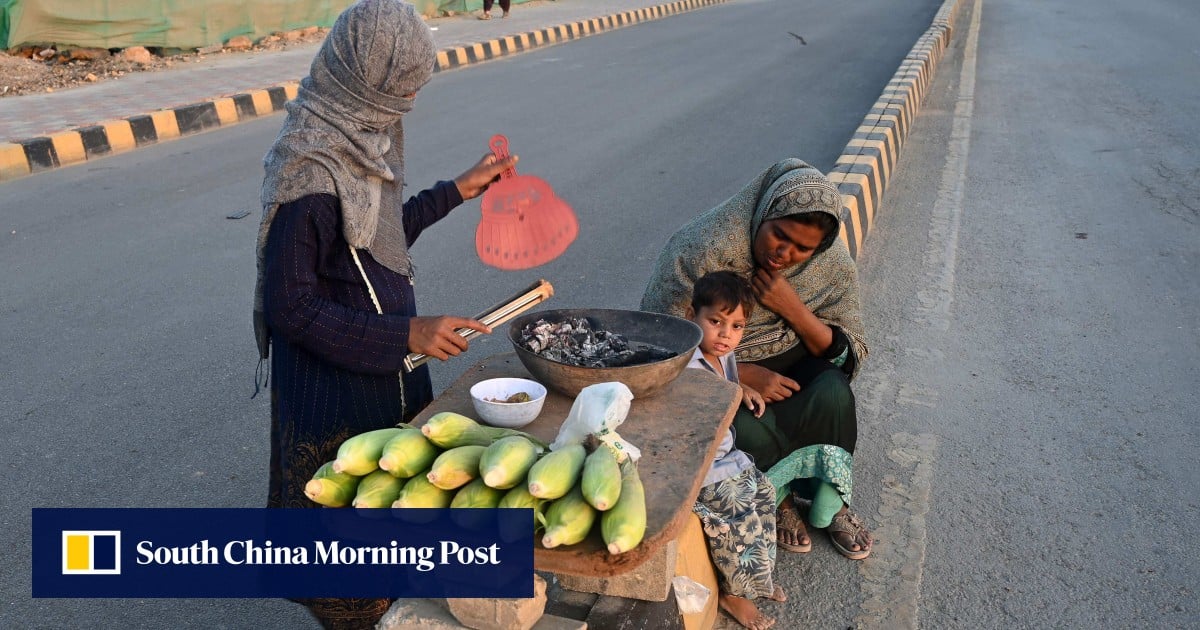Israel’s military said it had killed Hizbollah’s leader Hassan Nasrallah in a massive strike on Beirut, in the latest devastating blow to the Lebanese militant group.
The strike in a densely populated residential neighbourhood in southern Beirut was part of an intense bombardment carried out by Israeli forces over the past 24 hours. Its fighter jets bombed numerous sites in a wave of attacks in southern and eastern Lebanon in a dramatic escalation of Israel’s offensive against Hizbollah.
The offensive has taken a heavy toll on the Iran-backed militant group’s capabilities and stoked fears that the year-long hostilities between the two sides are on the verge of erupting into all-out war.
Herzi Halevi, chief of the general staff of the Israel Defense Forces, said on Saturday that the strike did not mark the conclusion of Israel’s offensive. “This is not the end of our toolbox,” he said. “The message is simple: anyone who threatens the citizens of Israel — we will know how to reach them.”
Hizbollah did not immediately comment on the Israeli announcement. Israel claimed the strike had also killed the head of Hizbollah’s southern front, Ali Karaki, and other senior commanders. It was the latest in a string of debilitating Israeli attacks on Hizbollah’s chain of command.
If confirmed, Nasrallah’s death would cap a disastrous two weeks for Hizbollah during which it has sustained the heaviest succession of blows in its four decades of existence.
A cleric from a Shia family from Beirut, Nasrallah took control of Hizbollah in 1992 and became an increasingly important figure in Iran’s so-called axis of resistance. His role in the alliance of militant groups became more prominent after the US assassinated Qassem Soleimani, Iran’s most powerful commander, in 2020.
His death would raise doubts about the future of Hizbollah, an Islamist revolutionary group that was created by Iran during the Lebanese civil war in the 1980s, and threaten to tip Lebanon into chaos.
Nasrallah oversaw Hizbollah’s rise to become the paramount political force in the country and a virtual state within a state.
The strike on Beirut came after Prime Minister Benjamin Netanyahu said on Friday at the UN in New York that Israel “must defeat” Hizbollah despite international pressure for a ceasefire.
Residents of Beirut said the Israeli bombing raids on Friday night and during the early hours of Saturday had been some of the most intense in the city since Israel and Hizbollah fought a 34-day war in 2006.
Explosions lit up the sky throughout the night and threw huge clouds of dust into the air. Hundreds of people fled the south of the city, where Hizbollah is entrenched, to seek shelter on beaches and in public squares.
Nadav Shoshani, a spokesperson for Israel’s military, said Israel hoped the killing of Nasrallah would “change Hizbollah’s actions”, and allow the 60,000 Israeli citizens displaced by the fighting to return to their homes in the north of the country.
“Hizbollah started this war on October 8 and has been firing at us ever since,” he said in a briefing with reporters. “We are trying to change the reality to make it safe for civilians [to return].”
Over the past two weeks, Israel has escalated its offensive against the militant group, killing a string of its senior commanders. This week it embarked on an intense bombardment of sites across Lebanon that killed more than 600 people and displaced more than 90,000.
On Wednesday, Israel called up two reserve brigades for “operational missions” in the north of the country, with Halevi telling troops to prepare for a possible ground offensive in Lebanon.
The Israeli military said it was continuing its bombardment on Saturday, carrying out “extensive” bombing raids in the Bekaa Valley in eastern Lebanon as well as striking further targets in Beirut, after warning civilians in some densely populated neighbourhoods to evacuate.

